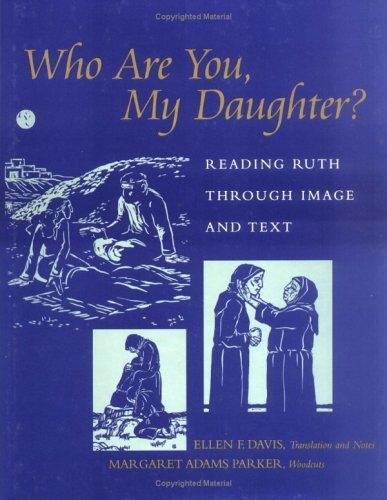Judges is a brutal book. I struggled my way through it. Judges tells the story of what happens once the people of Israel have arrived in the Promised Land and (mostly) driven out the people inhabiting it. Just in case you didn't know, once they settle in the land, God's people totally blow it. They devolve into infighting, violence; they get preoccupied with fighting their enemies. Throughout Judges, it feels as though we lose the plot. From Exodus through Deuteronomy, we had Moses as the strong leader figure who holds things together. Joshua takes his place. But when we get to Judges, the whole project devolves. The judges are appointed as leaders, but they come and go with varying degrees of faithfulness. While some of them do a great job of leading Israel, none of them seem to have the staying power or level of influence as Moses or Joshua did. To their credit, it is much harder to rally folks when they are spread out across the land rather than journeying together in the wilderness. The refrain of the book of Judges is, "In those day there was no king in Israel; everyone did whatever he wanted." Or, as the NASB puts it, "Everyone did what was right in his own eyes."
Following on the heels of Judges is the beautiful little book of Ruth. As I read Ruth, I took heart, because I saw the thread of God's bigger story surfacing. Amid the chaos of the period of the Judges, we see a little glimmer of hope. We find a story of a young non-Israelite woman who chooses to become part of God's people because of her great love for her mother-in-law. She joins a long line of other non-Israelite women who are grafted into the line of David; Tamar (Genesis 38) and Rahab (Joshua 2) come to mind. Ruth continues the story of the genealogical line that was begun back with Abraham, that we traced through Jacob and Judah. It will result in King David.
My Old Testament professor, Ellen Davis, did a translation of Ruth and commissioned an artist to do woodcuts that correspond to the story. It's a lovely book called Who Are You, My Daughter?
Dr. Davis taught us about one of the Hebrew key words of Ruth, hesed. It shows up throughout the book and means "covenant loyalty." Dr. Davis translates it as "acts-of-good-faith" in her book. For instance, in Ruth 1:8, when Naomi says to Ruth, "May the Lord do to you hesed as you have done with the dead and with me," Dr. Davis translates it as "May the Lord do with you acts-of-good-faith." The irony of this book is that a non-Israelite woman, Ruth, is the prime example of hesed in her loyalty to Naomi at a time when the Israelites themselves have recklessly abandoning the covenant. In saying, "Your people shall be my people, and your God shall be my God," Ruth is binding herself to the covenant people of God. While it is not said explicitly in the book of Ruth, this small story is about God's faithfulness, his hesed, to Israel. Even when the people are turning their backs on him, God is working ahead to provide for his people a redeemer, first in the person of David, later in the person of Christ.
We are reading about David now, and I will write about him next.

No comments:
Post a Comment